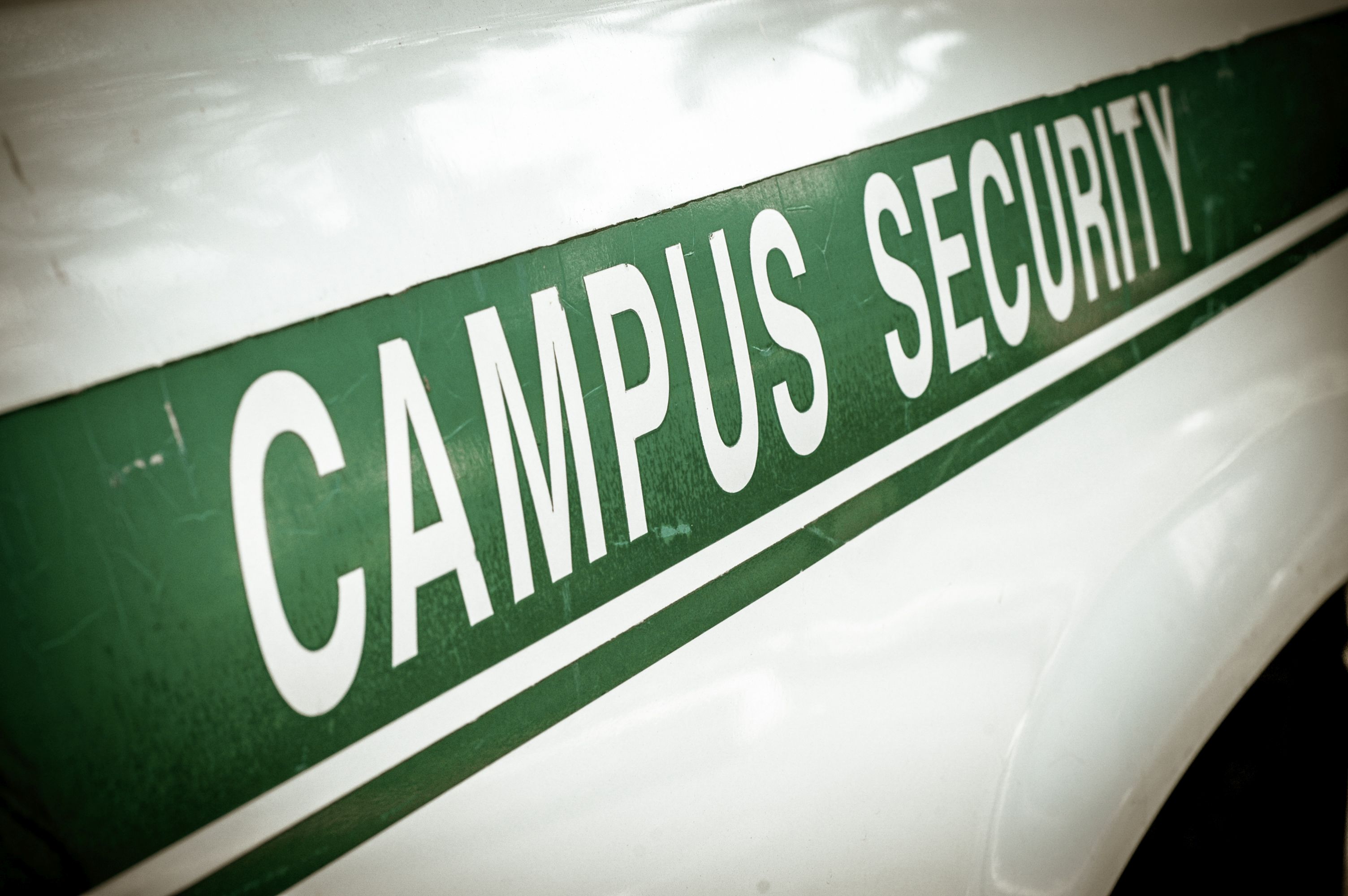The U.S. Senate Judiciary Committee met on Tuesday to discuss the issue of free speech on college campuses in the midst of increasing student protests.
The hearing, titled “Free Speech 101: The Assault on the First Amendment on College Campuses”, focused on concerns with balancing student safety and freedom of speech on college campuses.
A panel of seven, made up of both students and specialists, responded to questions from lawmakers regarding their experiences and expertise surrounding the topic.
The panel included two students, two legal experts, a campus administrator, a former college president, and the president of the Southern Poverty Law Center, reports The Chronicle.
One of the panelists, Fanta Aw, interim vice president of campus life at American University, said the college will draw the line when a speech has the potential to provoke violence or poses a direct threat to someone in the community.
Senator Richard Durbin (D-Illinois) countered, stating that drawing a line is subjective.
“Should I be able to stop a speaker because I’m offended? No. Because I’m intimidated? Yes. Should I be able to stop someone from speaking because he’s unpopular? No. Because I find him menacing? Yes,” Durbin said to demonstrate the problem he saw with Aw’s reasoning.
Multiple instances of campus protests that turned violent were discussed, including UC Berkeley student protests back in February, previously reported on by Campus Safety.
The February 1 protests began when students were angered that controversial right-wing media personality Milo Yiannopoulous was invited to speak at the university.
The UC Berkeley campus sustained $100,000 in damages by the protestors and the administration was forced to cancel the event, citing public safety concerns. The decision to cancel the event was criticized by President Trump, who threatened to pull federal funding for the university.
Defense of the First Amendment
A well-known First Amendment lawyer, Floyd Abrahams, opposed a comment from Senator Durbin regarding the issue of guns on campus.
Durbin referenced the fact that 10 states now allow the concealed carrying of firearms at public colleges.
“The existence of a concealed-carry law does not empower college presidents to shut down campuses,” said Abrahams. “There has to be a more credible threat.”
Senator Charles Grassly (R-Iowa) referenced a recent interview with Northwestern University president Morton Schapiro and The Wall Street Journal. In the interview, Shapiro was asked if he would be comfortable with Milo Yiannopoulos or other potentially controversial figures speaking at the university. He said he would allow them to speak on a “case-by-case basis”.
Grassly responded, “The First Amendment does not permit arbitrary prior restraints on speech by university administrators on a case-by-base basis. Any great university would welcome numerous speakers whose positions made the president and many others on campus uncomfortable,”
A Student Perspective
One of the student panelists, Zachary Wood, from Williams College in Massachusetts, was asked by Senator John Kennedy (R-Louisiana) to share his experiences in inviting controversial speakers to his campus.
Wood referenced an instance where John Derbyshire, a right-leaning columnist, was invited to speak at the school. The event was canceled by the college’s president, Adam Falk, after campus outcry.
“I don’t mean any disrespect to Dr. Falk, but if he refuses to allow right-leaning speakers, he’s not fit to be a college president.”
Williams College is a private school and therefore does not receive state funding.
Senator Dianne Feinstein (D-California) disputed the argument that all colleges should accommodate controversial speakers, no matter how offensive their views may be.
She pointed to the fact that not all colleges have the resources, such as staff, equipment, training or money, to deal with violence that could accompany a controversial speaker.
“The fact of the matter is that there are certain occasions on which individuals assemble not to act peaceably, but to act as destructively as they possibly can.”













